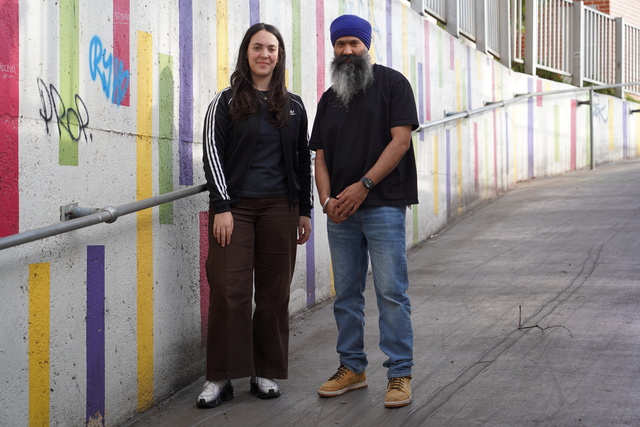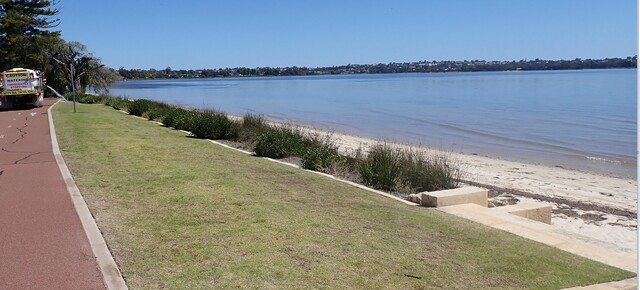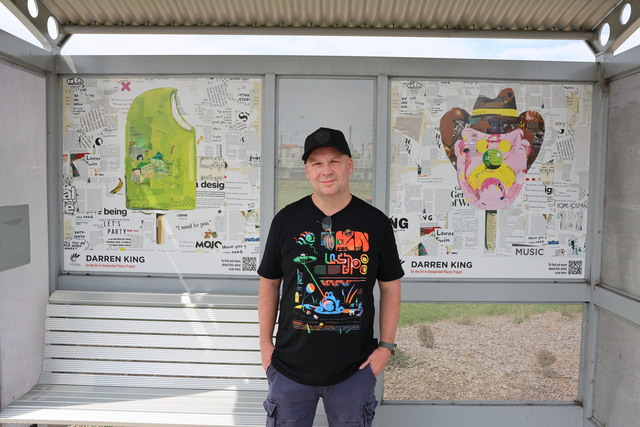I attended a stimulating conference last month in Sydney. It was the annual gathering of the Federation of Ethnic Communities’ Councils of Australia (FECCA). The amount of goodwill and positivity on display was remarkable, and was in sharp contrast with the daily TV grabs of people questioning the wisdom of a multicultural Australia.
The goodwill was reinforced by a stirring address by Dr. Peter Shergold – Australia’s Multicultural Commissioner back in the late 1980s, he was to later become head of the Department of Prime Minister and Cabinet.
Anyway, he made three important points. One was to go easy on using the noun ‘multiculturalism’ – better to use the verb ‘multicultural’ because that is our point of difference, especially the intertwining of cultures. We apparently lead the world in inter-marriage.
His second point was that there is a ‘delicate balance’ – we have to avoid the view that all cultures are the same. We need to recognise that multicultural policies are based on universal rights and the notion of reciprocity.
And his third point was that we need to accentuate the positive. Indeed, he reminded me of the positivity shown to ‘new Australians’ arriving in Gippsland in the 50s and 60s. It was an absolute melting pot as droves of Italians, Greeks and eastern Europeans arrived to take up jobs in the coalmining, transport and manufacturing sectors. Within a few years our Aussie Rules team would have loads of migrant kids chasing the oval ball, and further down the line in Moe, Morwell and Traralgon it was even more apparent. Similarly, our schools became very multicultural. There was scarcely a hiccup as far as I can remember. The locals were accommodating and matter-of-fact about the whole thing, and the migrants reciprocated.
Fast-forward to 2015 and things are a little more complex. The FECCA conference revealed that migrants don’t head to the regions in big numbers these days – only 20 percent of permanent entrants are settling in regional areas. One speaker advised that there was a 45 percent target set in the mid 1990s but that is has never been met. The main reasons are that migrants gravitate to urban areas to be with friends and relations, to have better job prospects and to have easier access to education, training, social security services and the like.
While the above scenario is understandable, it is unfortunate given that many rural communities are crying out for population, business growth and jobs. It got us thinking about the possibility of identifying regional cities and towns with an interest in accommodating refugees and migrants on a best practice basis, and then to draw in federal, state and local government support in a coordinated way so that refugees aren’t just dropped into a location without the necessary family support, housing, education, training, jobs (esp. construction, agribusiness), mental health, legal and small business support, language training etc. We are currently floating the proposal around our Cockatoo members. If there are other councils out there with an interest, we can forward a discussion paper.
Greens on the rise
New Greens’ leader Richard Di Natale has settled in well, and the goss is that it’s unsettling for Labor because of the likely drift of Labor votes to the Greens. The logic is that Di Natale is taking a sensible middle-ground on most issues, thus avoiding the ‘ratbag’ and ‘evangelist’ labels created by his predecessors. He is however taking an extreme position on coal mining, which could work against him in a wider context.
Corporate memory downgraded
Two ex-Treasury heads claimed recently that decades of government outsourcing and waves of senior redundancies have left much of the nation’s public service unable to provide proper and effective advice to politicians and their voters. Ken Henry and Martin Parkinson warn that both the abilities and corporate memory of the bureaucracy have been dangerously degraded. “Many departments have lost the capacity to develop policy; but not just that, they have lost their memory,” Henry said in Laura Tingle’s Quarterly Essay. (I’ve been railing about this for a decade. But why didn’t Henry and Parkinson speak up at the time?)
Albanese-Pyne mateship
The ABC ‘Kitchen Cabinet’ TV show last month highlighted the remarkable friendship between Industry Minister Christopher Pyne and Labor heavyweight Anthony Albanese. While there are numerous cross-party friendship precedents, this is arguably one of the strongest and oddest. Interestingly, Pyne shares a house in Kingston ACT with Defence Minister Marise Payne, Education Minister Birmingham, and Senator Michael Ronaldson (until recently the Minister for Vets Affairs). Surely good for Cabinet harmony. To watch go to: www.abc.net.au/tv/programs/kitchen-cabinet
Foreign Minister looks for clawback
Foreign Minister Julie Bishop openly showed her displeasure with Treasurer Joe Hockey after he cut aid funding by $11.6 billion in his first budget. And she showed no sympathy when he was sacked. Strangely Finance Minister Cormann avoided her wrath. Over the next few weeks, Department of Foreign Affairs and Trade (DFAT) (and all other federal agencies) will be preparing New Policy Proposals (NPPs) to put to Treasury and Finance for funding commitments leading into the May Budget. The goss is that she and DFAT are looking to claw-back a slab of the $11.6 billion because it will be a less draconian budget as we head into the 2016 election.
Have a great Christmas and a prosperous New Year. If you’d like to join the Cockatoo Network to pursue collaborative opportunities and improve your interface with the federal government, please drop us a line.
Rod Brown is a Canberra-based consultant and lobbyist specialising in industry/regional development, investment attraction and clusters, and accessing federal grants. He also runs the Cockatoo Network.
Phone: (02) 6231 7261 or 0412 922 559
Email: apdcockatoo@iprimus.com.au
Blog: www.investmentinnovation.wordpress.com (750 articles)







